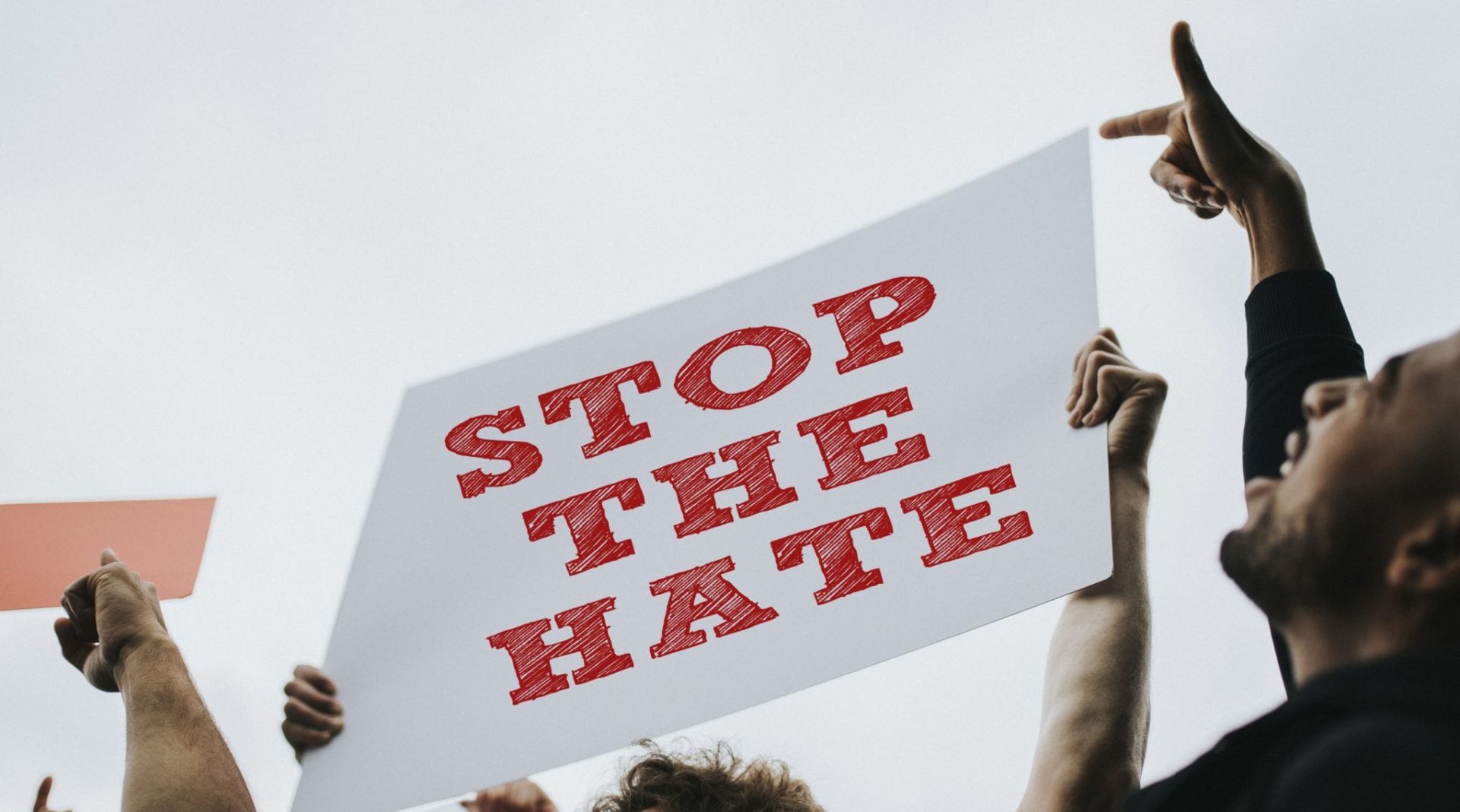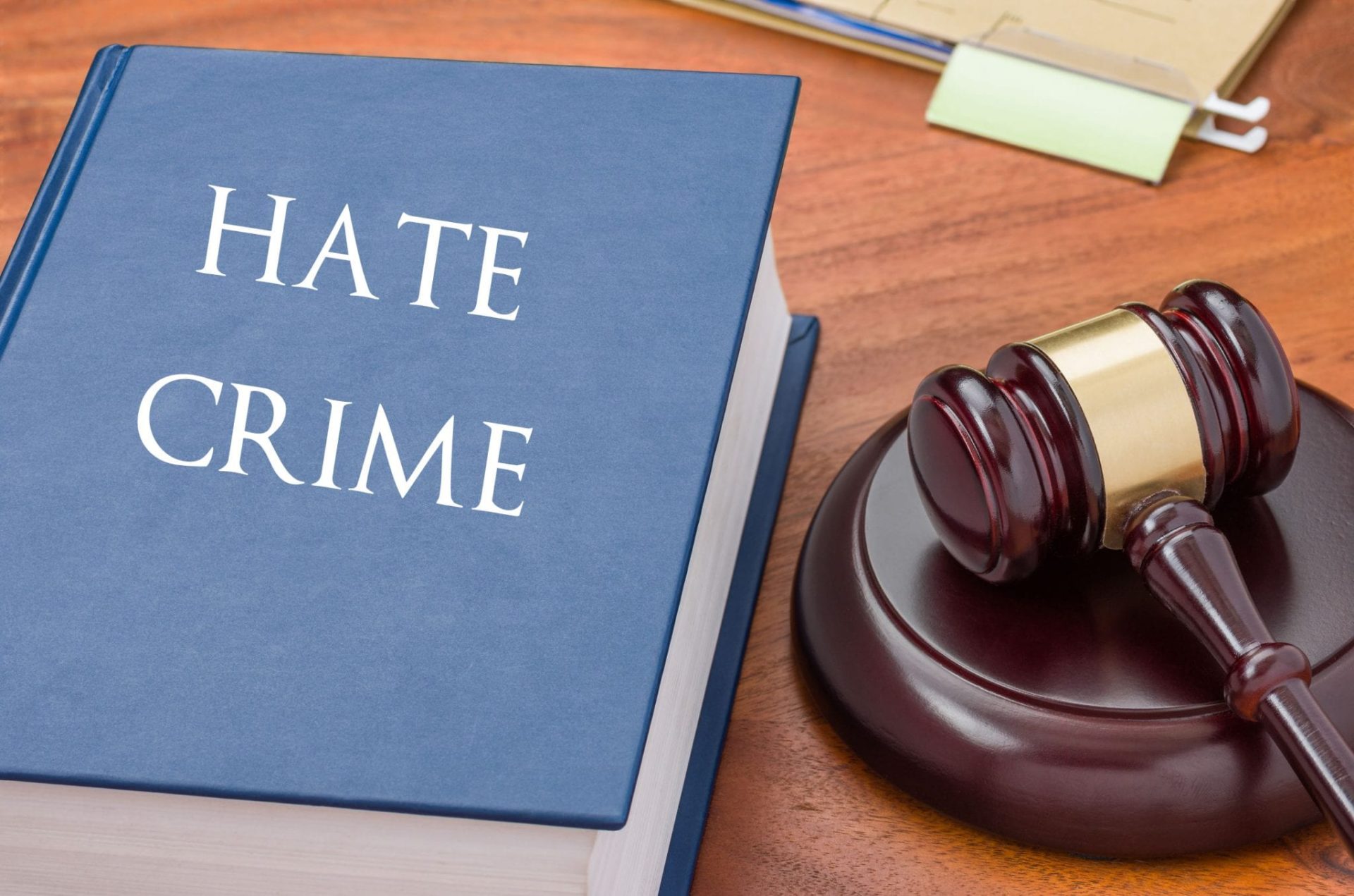When an Illinois Assault Is Also a Hate Crime
Assault charges all on their own are enough to leave you facing felony-level charges, years behind bars and thousands in criminal fines. You’ll also carry around a criminal record of violent crime.
All of these consequences pale, however, in comparison to when an assault is also deemed a hate crime. In other words, if prosecutors can prove that a defendant assaulted the victim based on identity, nationality, religion, race or sexual orientation, they will no doubt have much more serious criminal consequences to pay.
Hate crimes often result in public outcry and significant damage to the defendant’s reputation. Due to the stigma of this offense, many hate crime offenders find themselves ostracized by friends and family long after their sentences are complete.
Below, we provide an overview of Illinois assault and battery laws and the circumstances under which an assault could also be considered a hate crime. We also discuss the criminal penalties you could face if convicted.
Illinois Assault and Battery Laws
Although assault and battery are often included in the same sentence and are sometimes used interchangeably, these are actually two separate but related offenses in this state.
Here are the differences between them.
Assault and Aggravated Assault
Illinois defines assault as intentionally causing the victim to be reasonably fearful of imminent violence and bodily harm through the use of threats or other intimidation tactics.
For the charge of assault to apply, the threats must be made in an angry or menacing manner, and the defendant’s conduct must be consistent with the threat. If the defendant’s words and conduct cause the victim to fear imminent bodily harm, this is assault.
Simple assault is charged as a Class C Misdemeanor. That said, certain factors can enhance your charges to aggravated assault when present. Aggravating factors include:
- Use of a deadly weapon, or an object designed or manufactured to look like a firearm
- Concealment of the defendant’s identity
- Using a vehicle to threaten the victim
- Intentionally recording the assault in order to disseminate it
- Commiting the assault in a public place or place of worship
Aggravated assault is charged as a Class A Misdemeanor or low-level felony depending on the circumstances of the alleged offense.
Battery and Aggravated Battery
The related charge of battery, on the other hand, involves actual physical contact. The victim must believe the contact to be harmful, provocative or insulting — pushing, shoving or intentionally causing bodily injury are all examples.
Simple battery is classified the same as assault, a Class A Misdemeanor. Many of the aggravating factors present in a situation of aggravated battery are the same as assault, but also include these different ones:
- Knowing commission of acts of violence that cause the victim great bodily harm
- Strangling the victim
- Covering the victim’s nose or mouth during commission of the offense
- Discharge of a firearm that causes an injury to the victim
- Providing the victim a substance that causes great bodily harm on consumption
So when does assault turn into a hate crime here in Illinois?
When Assault in Illinois Falls under State Hate Crime Laws

If the defendant committed the assault or battery against a certain victim based on that person’s identity, this is also considered to be a hate crime. Under Illinois law, the following are a person’s (or group’s) protected identifying characteristics:
- Race
- Color
- Creed
- Religion
- Ancestry
- Sexual orientation
- Gender
- Gender identity
- Any disability
- Country of origin
Illinois law enforcement is currently dedicating more time and energy towards stamping out hate crimes, meaning that we can expect this charge to become more common.
Hate Crime Sentencing and Penalties in Illinois
If you commit an assault that’s also deemed a hate crime, you will face the hate crime charges in addition to the assault charges you receive. That’s right, you face potential criminal penalties for both charges related to the single offense.
Hate crimes are considered to be a Class 4 Felony for first-time offenders. However, if the defendant has prior hate crime offenses or certain aggravating factors are present, this may be charged as a Class 3 or Class 2 Felony. These offenses are punishable by anywhere between one and seven years of imprisonment, and fines up to $25,000.

In addition to the criminal penalties for hate crimes, defendants frequently also face harassment from the public, loss of employment, and even become ostracized by friends, family, and other loved ones. The damage to the defendant’s reputation is often one of the most severe consequences of a hate crime conviction.
This is why it’s so important to know that laws surrounding hate crimes in Illinois, and to be proactive in fighting back to beat any charges against you and to restore your good name.
About the Author:
Andrew M. Weisberg is a former felony prosecutor who now serves as a defense attorney in the greater Chicago area. He has extensive experience in handling all types of criminal cases, from sex offenses and domestic violence to retail theft-related crimes, murder, and drug crimes.







 Blog Home
Blog Home 










